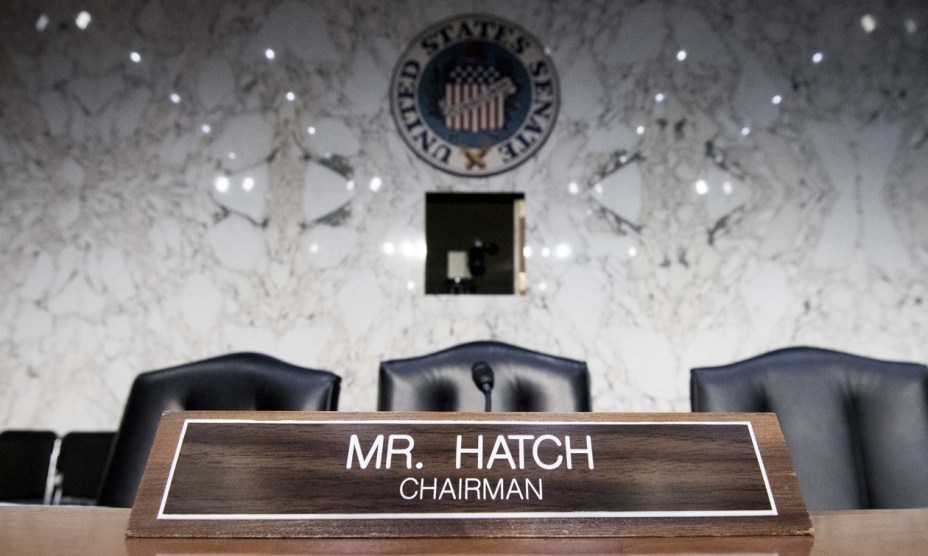
Bill Clark/Congressional Quarterly/Newscom via ZUMA
Who else can Republicans target in their tax bill? How about tech companies? Those are hotbeds of liberalism, and they cluster in the hated state of California. But what’s the best way to screw them over?
Hmmm. Tech companies often attract new employees by handing out stock options. Basically, you’re given the option of buying a certain number of company shares at a specified price, but you don’t have to do it right away. You can wait for the stock price to go up and then cash in your options. If the stock price goes down, you don’t bother. It’s all upside and no downside, and startups use stock options heavily to attract workers who hope the company strikes it rich and the stock skyrockets.
That’s all well and good, but when do you tax this windfall? The usual rule for capital gains like this is that you tax them at the time the capital gain actually takes place. That is, when you sell the stock. For stock options, the timeline goes something like this:
- Grant date: You are hired and the company grants you a thousand options at, say, $1 per share. But those options aren’t yours yet.
- Vesting date: Two years later the options vest. That means the options are finally yours, even if you quit the company. The value of the stock has risen to $2.
- Exercise date: Five years later, the stock has risen to $5 and you decide to exercise your options. You pay $1,000 for them, and receive a thousand shares of stock that are now worth $5,000. Ka-ching!
- Selling date: Ten years later the stock is up to $10 and you decide to sell it. Your profit is $9,000.
There are two obvious times to tax the options. The first is when you exercise them. You now own the shares, you’ve made a profit on them, and you can sell a few of the shares to pay your taxes. The second obvious time is when you sell the stock.
Different stock options work different ways, but they’re always taxed after you take ownership of the actual stock. However, the Senate has added a provision to its version of the tax bill that would tax options when they vest. This makes no sense. At this point they’re still just options. You don’t own any stock and don’t have any profits that you can use to pay the taxes. You’d have to dig into savings or take out a loan to pay Uncle Sam, even though the value of the stock might still go down and you could end up with nothing.
I don’t know anyone, anywhere, who thinks this makes sense. And yet, it somehow made it into the Senate bill. Why? It barely raises any money, after all. It’s hard to come to any conclusion except that it’s a random way of punishing an industry that doesn’t support Republicans. They’re real sweethearts, aren’t they?
UPDATE: The latest markup of the tax bill was released this morning, and the stock option stuff is gone. Apparently someone had second thoughts.

















